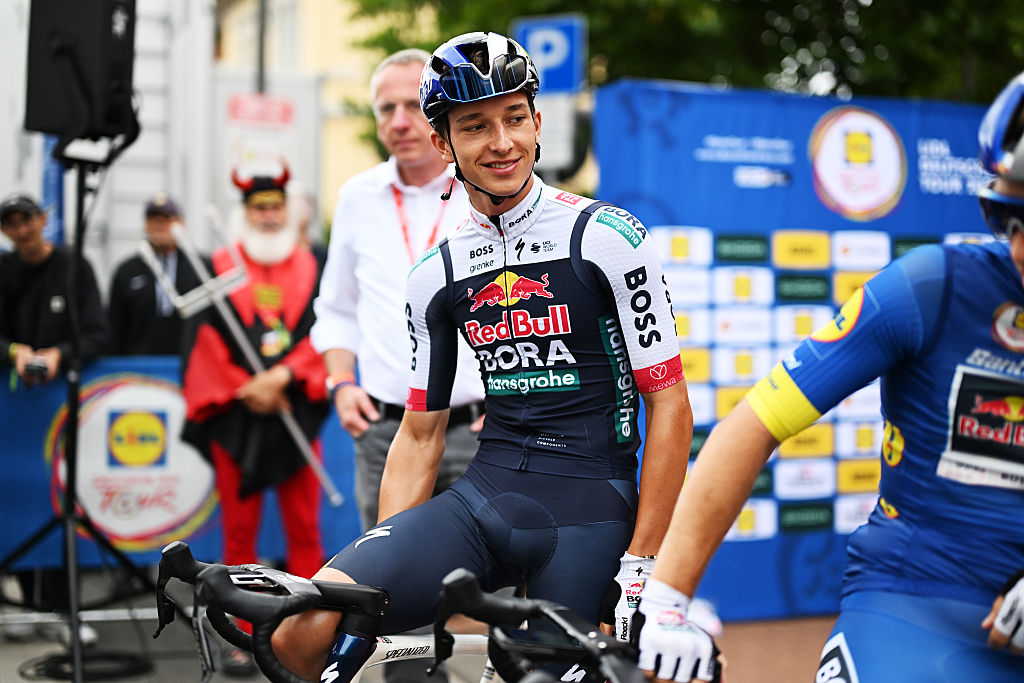Riders' names mentioned in German doping report
By Susan Westemyer The interim report released by the Freiburg University Clinic on Thursday not...
By Susan Westemyer
The interim report released by the Freiburg University Clinic on Thursday not only said that two additional doctors were involved in organized doping at Team Telekom/T-Mobile Team, but also indicated that the doping continued through 2006. And the report named the names of riders who may have been involved.
The biggest rider name at the team was Jan Ullrich, and although his name is more frequently mentioned in connection with Dr. Eufemiano Fuentes, it popped up here, too. The Chairman of the independent investigatory commission, Hans Joachim Schäfer, said that Ullrich was "probably" involved with doping at the clinic, finding "numerous indications, but no proof." One of those "indications" is a patient file titled "Maier, Ullrich, born on Dec. 2, 1937." Jan Ullrich's birthday is Dec. 2, 1973.
Another big name mentioned was Andreas Klöden, who now rides for Team Astana. According to the report, a bill was sent on March 9, 2000, for a delivery of medication to Bettina Jurkat, now Klöden's wife. The package was sent by express delivery and Schäfer said that he believed it contained EPO, according to the AP.
An additional package of medications was noted on a March 16, 2000, bill to "BHR Radhaus / Für Jörg", in Ansbach. "BHR Radhaus" is a bike shop in Ansbach, Germany, the home of Jörg Jaksche.
The report also addressed the question of who may have gone to the Clinic during the Tour de France 2006 for blood transfusions. Patrik Sinkewitz has claimed that he went alone, but other sources have claimed that up to five other team-mates may have gone as well. The report assumes that at least two other riders were involved. While Sinkewitz has repeatedly claimed that there was no other rider in his car, Schäfer said, "There is evidence that there was another car."
In addition, the report said that Erik Zabel started a three-week EPO treatment during the Tour de Suisse 1996. While this was first understood to be a doping action in addition to that which he has already confessed, Schäfer later confirmed that this was the incident to which Zabel had referred.
The latest race content, interviews, features, reviews and expert buying guides, direct to your inbox!
